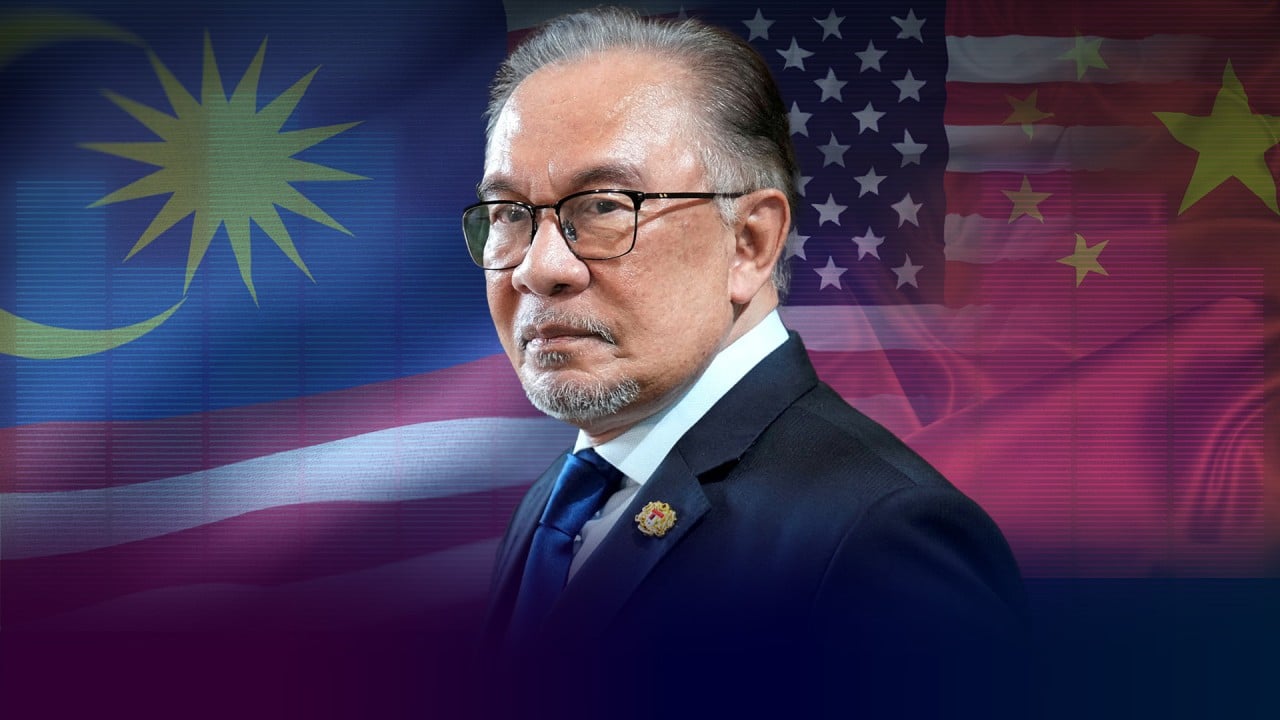China has ranked as Malaysia’s top trade partner for 15 years running.
“Anwar’s public posturing may be interpreted to be too pro-China, despite his rhetoric of supporting universal values that the US and the West are promoting,” said Tunku Mohar Mokhtar, a geopolitical analyst with the International Islamic University Malaysia.
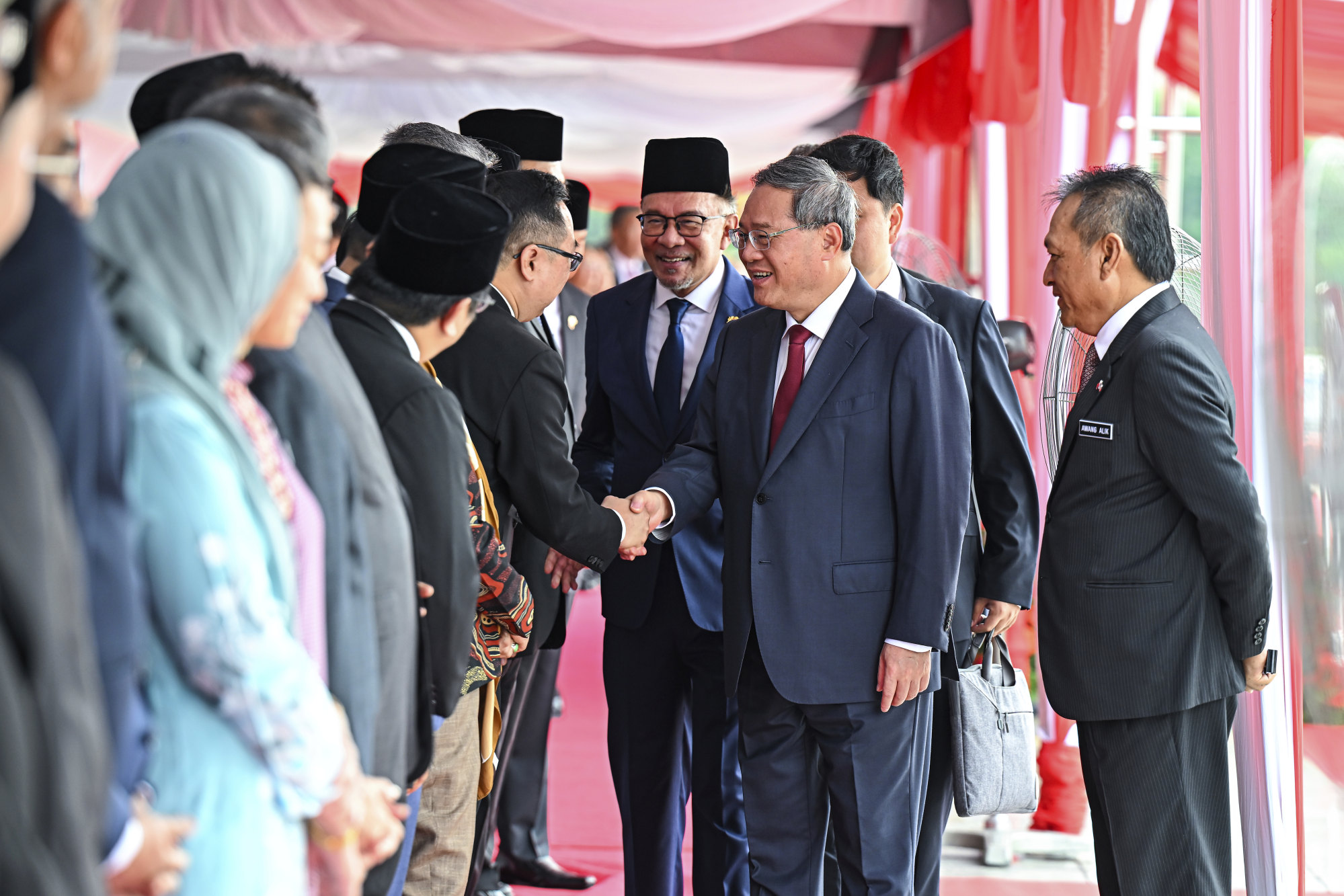
The US remains Malaysia’s largest investment partner and Anwar said in a recent interview that Washington had queried Malaysia over its semiconductor investments and exports to China, telling This Week in Asia that his country would “undoubtedly face some issues, some questions”.
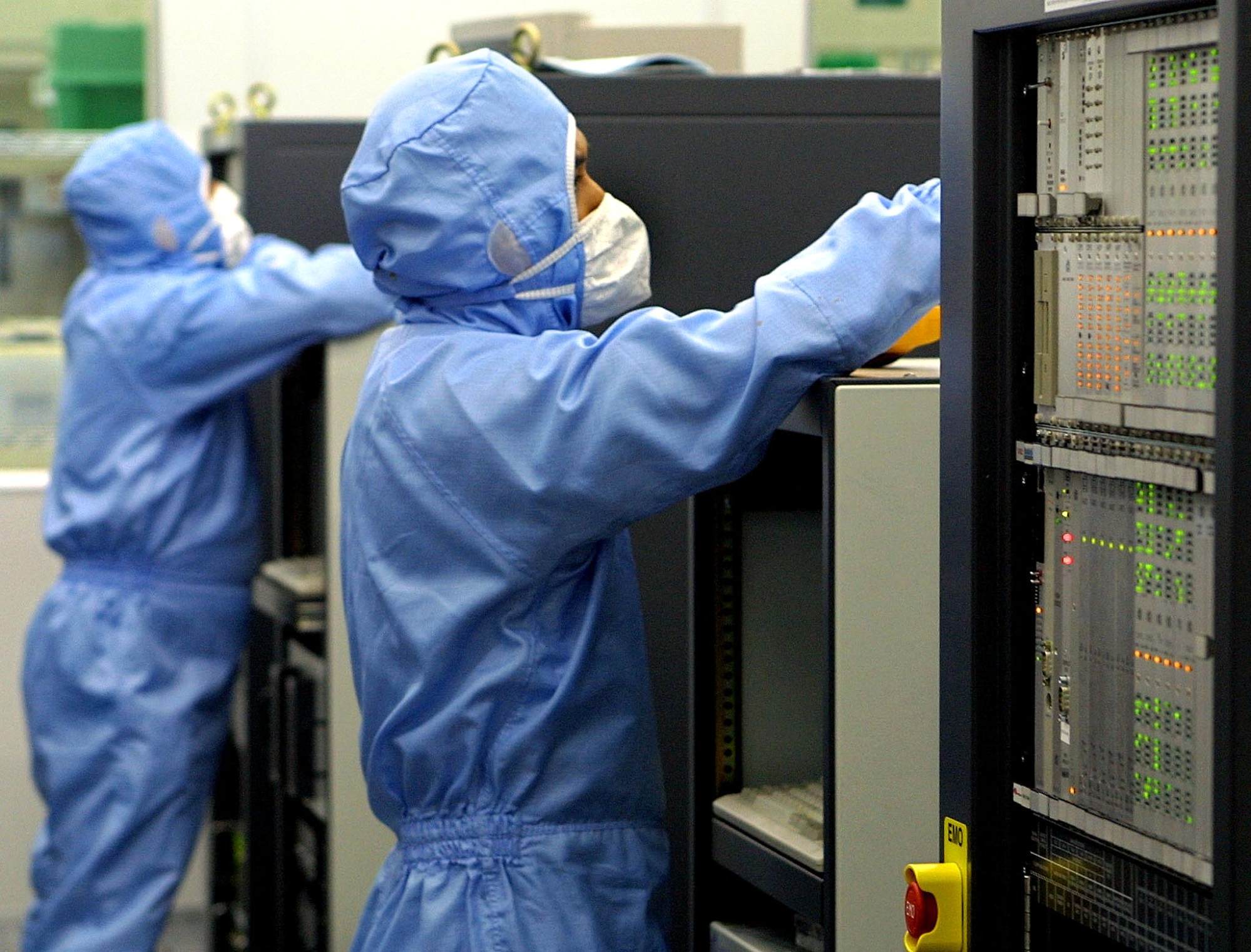
Malaysia’s semiconductor industry – which serves 13 per cent of global demand in the packaging and testing sector – got its start thanks to significant investments from American firms such as Intel in the 1970s, with the US market accounting for up to a quarter of Malaysia’s chip exports.
However, analysts warn that this lucrative ecosystem could be put at risk if Malaysia is perceived as becoming too aligned with China.
Collins Chong Yew Keat, an international affairs analyst specialising in US foreign policy at the University of Malaysia, said investments in “critical areas” such as public infrastructure, transport and the “key digital domains of 5G and artificial intelligence … remain a concern among Western players due to the risks [of] potential future vulnerabilities.”
Brian McFeeters, the US ambassador to Malaysia at the time, reportedly said in a letter to the Malaysian government that upending the country’s current single network 5G roll-out plan would also “undermine the competitiveness of new industries, stall 5G growth in Malaysia, and harm Malaysia’s business-friendly image internationally”.
Malaysia has maintained that it will remain open to all potential partners, including Huawei, and that the government will go with the “best deal”.
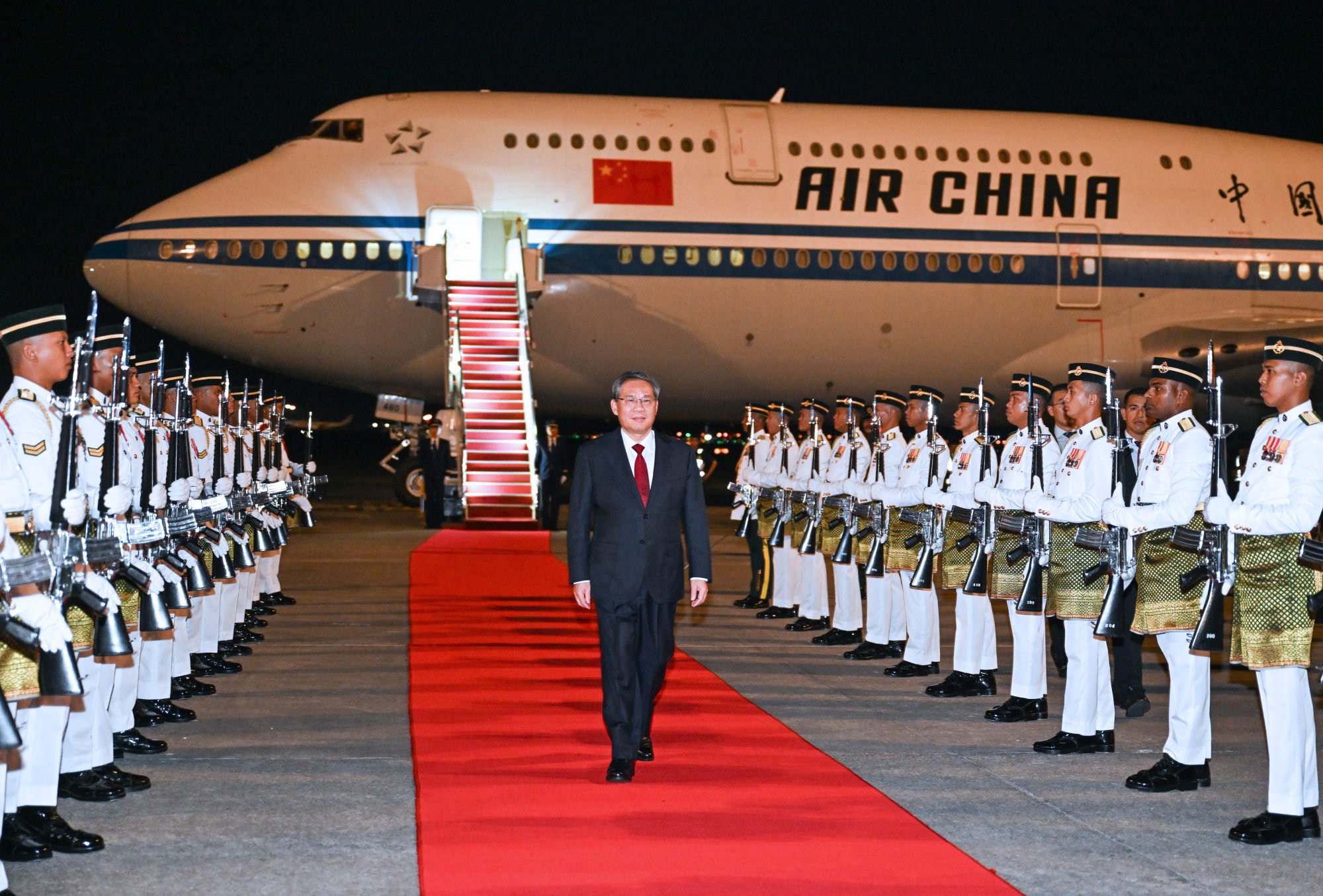
When Li arrived in Malaysia on Tuesday evening, he was accorded a full state welcome that included a military guard-of-honour ceremony as the Chinese premier exited his plane at Kuala Lumpur International Airport.
During a bilateral meeting with Anwar, the two renewed a five-year economic and trade agreement and pledged to expand cooperation across new sectors, including the digital and green economies, exports of fresh Malaysian durians and combating transnational crime.
“China is willing to work with Malaysia to actively study the East Coast Railway, connect the middle section of the China-Laos Railway and take the Pan-Asia Railway Central Line from concept to reality,” Li said at a related event on Wednesday.
But that tension now appears to be in the past.
In his speech at a gala dinner celebrating five decades of diplomatic ties, Anwar said the two nations “celebrate a glorious past, a flourishing present and a promising future”.
The latest deals, which Malaysia says are potentially worth over 13 billion ringgit (US$2.7 billion), add to the billions of dollars already pumped into its economy by Chinese state-owned and private entities to boost growth.
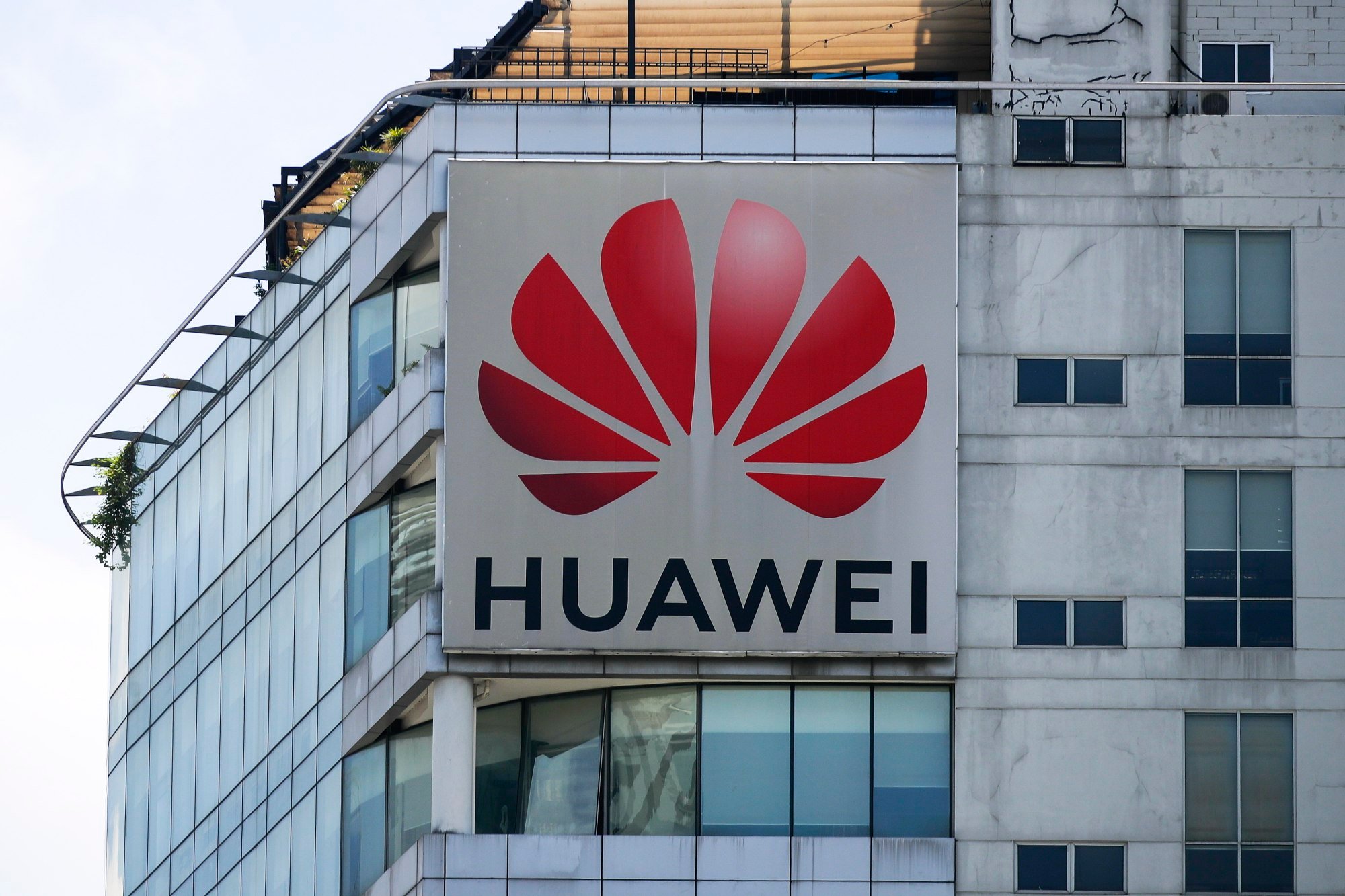
The roll-out of Malaysia’s nationwide 4G mobile broadband network relied heavily on technology provided by Chinese telecommunications infrastructure giants Huawei and ZTE, and in 2017 Chinese carmaker Geely helped revive the flagging fortunes of Malaysian carmaker Proton.
“As an emerging middle power, [Malaysia] tries to be non-confrontational to all, but at the same time, this comes with a risk,” analyst Tunku Mohar said.
“Being seen as too close to China may create uneasiness for the US, but at the same time Malaysia will continue to assure the US of its support for the US’ role in the region.”
Malaysia maintains close defence ties with the US and its allies. The Malaysian military regularly takes part in annual exercises hosted or organised by the US, and Malaysian officers frequently attend training programmes at US military institutes as well. Even Malaysia’s King Ibrahim Iskandar received training from US Special Forces and completed the US Army Pathfinder Course in his younger years.
“Malaysia will also need to maintain a delicate balance so as not to jeopardise … needed defence support and assurances from the West,” Chong said, adding that this would also help the country navigate the fallout from the US-China rivalry and any possible future conflict in the Taiwan Strait.
Anwar said in an interview with This Week in Asia that the conflict with China over territorial claims in the vital waterway was exaggerated.
“Do we have a problem [with China]? Yes. Have we encountered any serious clashes or problems? No,” he said.
Whichever way Malaysia turns, it appears condemned to find itself in the middle of the rivalry between its two largest partners.
At a lunch event on Thursday with Chinese and Malaysian business leaders before Li returned to China, Anwar said his country would not be drawn into taking sides in other countries’ battles.
“We in Malaysia, having a neutral stance, have the resolve to work with all countries and with China,” he said.
But experts say it may take more than words to convince the rest of the world that Malaysia isn’t under China’s thumb.


